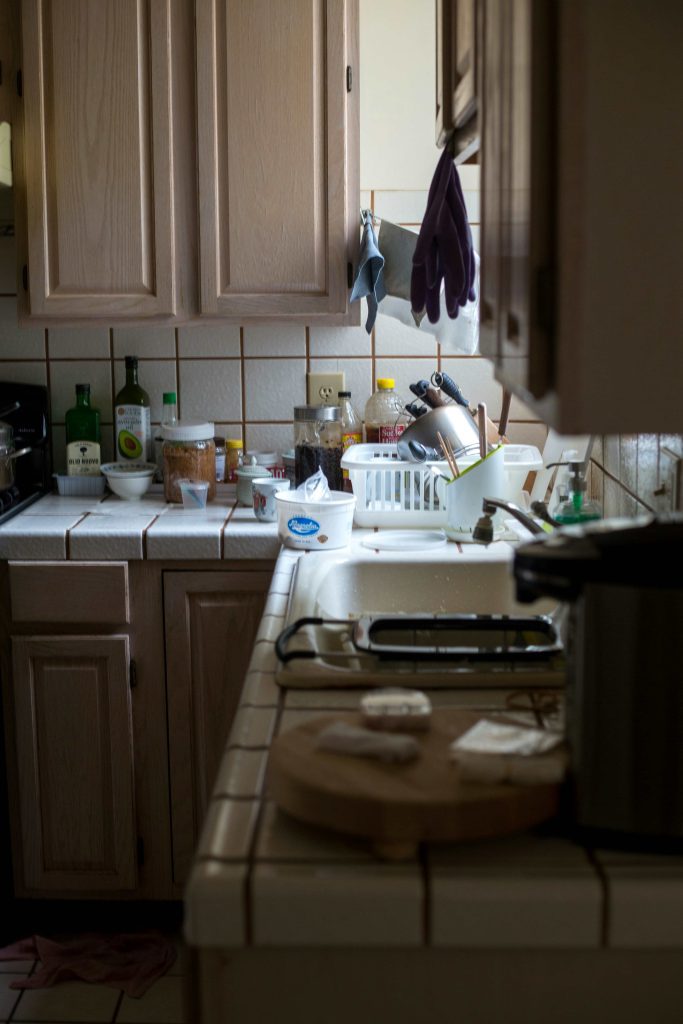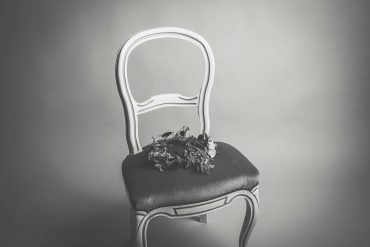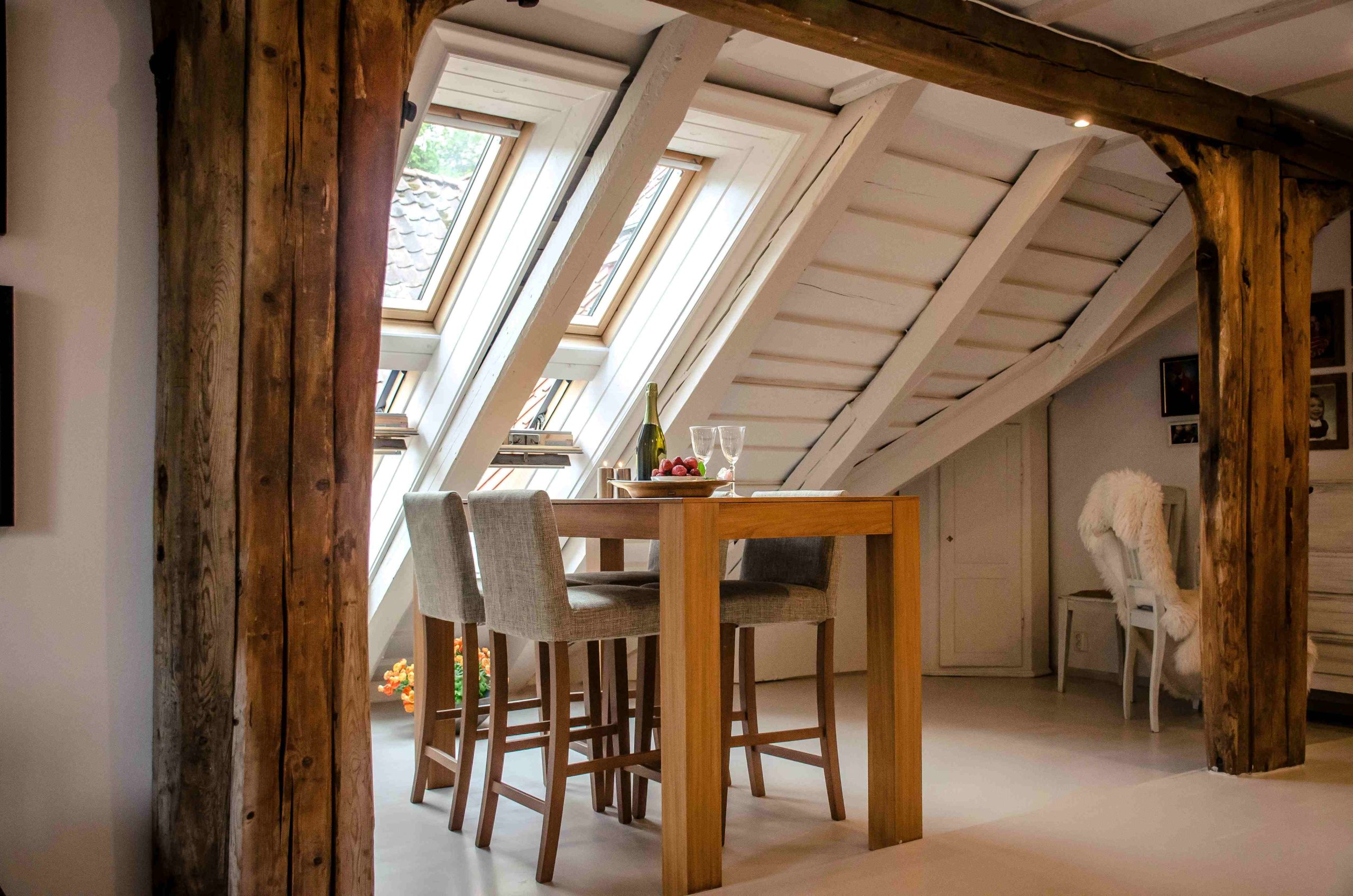Recipes of Life: How Kitchens Preserve Intergenerational Narratives
Author’s Memo
The cultural issues being addressed are how intergenerational knowledge is passed down between women and girls in the kitchen. The kitchen and self are points of entry into larger cultural issues such as gender, ethnicity, class and education. Written as a story told in fragments shows how domestic knowledge, like most knowledge, is passed down through the “doing” of domestic work. In other words, there is more happening when women and girls cut carrots, peel potatoes, roll dough for the pizza or bleach their whites–knowledge is transferred from mother to daughter, and in my case, teaching me how to be a good Italian wife.
‘The cultural issues being addressed are how intergenerational knowledge is passed down between women and girls in the kitchen. The kitchen and self are points of entry into larger cultural issues such as gender, ethnicity, class and education.

Shards. Pieces. Fragments. I have waited a long time to revisit and publish my research because it cuts to the bone, the wounds are deep.
But telling our stories has a way of healing wounds. As American writer Dorothy Allison (1995) puts it, “Two or three things I know for sure and one of them is that telling the story the whole way through is an act of love.” (p. 90). I use stories, and self-reflection, as well as quotes (italicized) from academics, writers, and poets—which are scattered and shattered all over the kitchen floor—that I then (re)assemble to make sense out of my mother’s way of teaching in the kitchen and what I have learned and still learn.
In other words, my writing situates the kitchen as a place where identities, social roles and expectations are conveyed, and contested. Through the movement of our hands—the burns and bruises, confusion and surprise, and the stains on my hands—this is how I come to better understand the ways in which gender, class, ethnicity are taught and learned, performed, and challenged, in the “doing” of domestic work. Abstract concepts are fleshed out in the small, ordinary acts and experiences—the fragments—that make up a life lived.
‘Shards. Pieces. Fragments. I have waited a long time to revisit and publish my research because it cuts to the bone, the wounds are deep.
Sometimes the fragments seem to not fit together, are mismatched, are interrupted by another memory or quote, or will make sense at a later time, a later reading. So goes the “how” of reading these weekly scattering of fragments. Some connect, some are misfits, while others are stand-alone images or memories. Just like the stories in our lives, we try and try again to piece together fragments, shards of glass that reflect back to us. This is how we can make sense out of all the bits of information and knowledge we gather throughout our lives. Today we might put the pieces together in one way, and tomorrow, next week or next year they might get switched out for other fragments thus modifying the overall story. Stories may become re-told with different configurations as we grow and change.
What all the fragments in this series make up is a larger narrative about how intergenerational knowledge is passed down, in this case, from my mother to me by way of how she learned in the kitchen from her mother, aunts and grandmother. Through our interactions inside, and sometimes outside, the kitchen, I learn that what lies beneath what may seem, at first glance, a simple task is instead a series of complex, nuanced, and sometimes silenced, resistance and negotiations of who I am supposed to be and who I am becoming.
‘Sometimes the fragments seem to not fit together, are mismatched, are interrupted by another memory or quote, or will make sense at a later time, a later reading.
*
I hope that the reader will be able to identify with some of my experiences. We each have our own pain, our own mothers, our own ways of finding comfort…. We each have our own unique feelings about being women. Yet I hope there may still be identification across the differences, and that my stories may lead other women to tell theirs. (Susan Krieger, 1996, p. 8)
A slip. A crash.
Oh no, Ma’s bowl. The one she bought on her honeymoon. Oh no. It’s white. It’s big. It’s her favourite. And it’s all over her kitchen floor. What am I going to do?
I swear it all happened so fast. I was tidying up her kitchen, washing bowls and dishes, forks, and spoons, cleaning up the countertop and sink. We baked a cake together. Something we rarely do these days. We don’t do many things together these days.
Like I said, it all happened so fast. Ma slips the cake into the oven, closes the door, and leaves me alone in her kitchen so she can put in another load of laundry and hang the wet clothes outside on the clothesline. (She must do ten things at once.) But before leaving me alone, Ma asks me to clean up.
“Per favore, Trezee,” she calls me by my nickname, Tracy, “pulisc’un po’. Clean uppa dissa messa. I go finish lawndree.”
Before leaving me alone, Ma points her finger straight at me and warns, “Eh, no make-a noize. De cake-a droppa.” Then whirls around and dashes down the stairs to the laundry room.
‘We each have our own pain, our own mothers, our own ways of finding comfort…. We each have our own unique feelings about being women. Yet I hope there may still be identification across the differences, and that my stories may lead other women to tell theirs. (Susan Krieger, 1996, p. 8).
Clean up and don’t make a noise or the cake will drop. Sure, sounds easy, but this is a strict order for me to follow. Sounds easy, but what do I do? I broke her favourite mixing bowl.
They do not make them like they used to. Bowls, that is. All I find today are cheap and plastic lightweight bowls stacked high on shelves at department stores and kitchen centers. Much to choose from but not much choice, really. Different colours, sizes and shapes, but all
plastic. Fake. Ma does not trust plastic. Loses its skin over time, she once told me.
Ma’s old mixing bowl, on the other hand, is unique. It’s thick, opaque white, glass and huge: it holds two liters, or 64 ounces if you don’t know metric. Its handle is thick like the handle of a mug brimming and bubbling with hot chocolate: warm, comforting, familiar. Any hand, of any size, can wrap fingers around the body of this bowl. Curved palm, shaping to the form, adds support; dipped thumb, mixing in with the mixture, adds stability. Or, any hand, of any size, can fold fingers around the handle, gripping firmly to not drop it. It is (was) a lovely bowl. With a scooped-in lip opposite the handle, it’s easy to pour out any mixture. Simple. No mess. What a lovely bowl.
And now it’s shattered and scattered all over her kitchen floor. Large fragments. Small fragments. Fragments I cannot see and will never find. All over her floor. Such a mess. Where do I begin?
I open the oven.
Oh no, the cake fell. I cannot believe this is happening to me. All I wanted was to spend some time with Ma. We’ve become so distant over the years, having less and less in common each time we see each other. And now this. What else can go wrong?
The sound of water.
‘And now it’s shattered and scattered all over her kitchen floor. Large fragments. Small fragments. Fragments I cannot see and will never find. All over her floor. Such a mess. Where do I begin?
Oh crap! I left the tap running. And the sink’s overflowing! What am I going to do? Oh no, the mat’s soaking wet. It’s going to stink like wet wool. Oh shit, the cupboards! Ma is going to freak out. Shit, shit, shit. I can already see bubbles under the shellac. Ugh. The wood will be ruined. Great. I can already see myself scraping off the peeling shellac, sanding until smooth and then re-applying three coats of dark tinted glossy shellac.
Directions: Slather on shellac. Wait for it to dry. Re-apply. Wait some more. Re- apply. Wait again. Re-apply extra coat for good luck; there goes next weekend. One day of bonding with my mother turns into another weekend of scraping, sanding, and shellacking. Just my luck, more work.
Uh, oh.
I know this is a rhetorical question. But even I want to know the answer to this one. My cold, heavy heart cracks from the pain I see in her eyes.
I hear Ma racing up the stairs; she will be here any second. I anticipate her yelling at me, and my heart hardens from the weight of anticipation: I feel heavy, cold, breathless, I wait, alone. That’s all I can do.
“Trezee, che cosa hai fatto!? Wha’ you do? I leave fer un minuto eh look-a wha’ happen. O Dio mio.” Ma slips and slides, but never falls, as she heads toward the sink to turn off the tap. “Che casino! Wha’ta messa!” There is a stillness in her face as her voice cracks, as her eyes fill with tears that slide into her mouth.
“Trezee, wha’ happen?” Her shoulders and chest sink as she sighs out, “Wha’ta I gonna do wit you?”
I know this is a rhetorical question. But even I want to know the answer to this one. My cold, heavy heart cracks from the pain I see in her eyes. I have disappointed her, again. Made another mistake. I cannot seem to hold anything long enough in my hands.
My cold, heavy heart falls and shatters on the kitchen floor. Large fragments. Small fragments. Fragments I cannot see and will never find. All over her floor.
Such a mess. Where do I begin?
‘My cold, heavy heart falls and shatters on the kitchen floor. Large fragments. Small fragments. Fragments I cannot see and will never find. All over her floor.
*
Still struggling to free herself from the grip of the past, she finally turns towards rather than away from the life of her aging mother. …she revisits the traditional gender relations of her childhood and attempts to come to terms with them. (Kathryn Church, 2001, p. 372)
Two or three things I know for sure, and one of them is just this—if we cannot name our own we are cut off at the root, our hold on our lives as fragile as seed in the wind. (Dorothy Allison, 1995, p. 12)
It has never been an easy place for me, the kitchen; especially my mother’s kitchen. I can stand next to my mother and absorb how she adds extra flour to gooey, drippy dough, transforming it into a firm ball ready to be sliced into quarters and rolled out into long, thin layers for the lasagna. And I can just as easily turn my back and walk away from the mess, from the assumptions tied to domestic work, from the devaluation of domestic knowledge.
In these moments, I would rather run my fingers along the spines of books that line my bookshelves, choose one from an array of colorful and beautiful editions, maybe a hardcover one this time, feel its sturdiness, its weight in my hands, sit with it on my couch and sip a latte macchiato while I read and discover whatever I need to know. Comfortable. Familiar. Knowable.
This tension runs deep throughout these fragments.
‘Still struggling to free herself from the grip of the past, she finally turns towards rather than away from the life of her aging mother. …she revisits the traditional gender relations of her childhood and attempts to come to terms with them. (Kathryn Church, 2001, p. 372)
*
Listen to your heart. It knows all things, because it came from the Soul of the World, and it will one day return there. (Paolo Coelho, 1998, p. 129)
“Wha’ta I gonna to do wit you?” Ma asks me again.
I cannot answer her, not with this weight on my chest; not without my heart. Stepping back, my feet slip on the wet linoleum floor. I grab onto the countertop to steady my balance, look into my mother’s chestnut brown eyes and ask, “What are you going to do with me?”
Ma stares back for a long time. A warm current slowly travels up the base of my feet, along the back of my legs, up the length of my spine. The heaviness I felt earlier lifts as my feet and the energy I feel throughout my body now hold me in place, rooted.
‘Listen to your heart. It knows all things, because it came from the Soul of the World, and it will one day return there. (Paolo Coelho, 1998, p. 129).
Ma bends down on her hands and knees and begins picking up pieces. Large fragments. Small fragments. All in her hands.
I follow her lead and bend down on my hands and knees and begin picking up pieces. Large fragments. Small fragments. All in my hands.
With hands full of fragments, we move to the kitchen table and sit down to re- assemble my heart. As we piece fragments together Ma tells me her story. Long-a go, when I whazza yur age, il mio cuore, my heart, fall eh break on dhe kitchen floor. My mamma, she bend down, she pick uppa dhe pieces and she tell me de story of when her heart fall eh when her mamma pick uppa de pieces of her heart.”
As Ma recounts the roots of her family, the routes of her journey, I hear her story as if for the first time. I sit still and listen to her words. They sound familiar. I know these words; they come from the heart.
References Cited
Allison, D. (1995). Two or three things I know for sure. New York, NY: Dutton.
Church, K. (2001). Fabrications: Clothing, generations and stitching together the history we live.
In Sharon Anne Cook, Lorna R. McLean, and Kate O’Rourke (Eds.), Framing our past: Canadian women’s history in the twentieth century (pp. 372-375). Montreal, QC & Kingston, ON: McGill-Queen’s University Press.
Coelho, P. (1998). The alchemist: A story about following your dream. (Alan R. Clarke,
Trans.). Originally published in Portuguese in 1988. First published in English in 1993.
New York, NY: HarperPerennial.
Krieger, S. (1996). The family silver: Essays on relationships among women. Berkeley, CA:
University of California Press.
Credits
Featured image Alisha Hieb for Unsplash
Image by Jeson Leung for Unsplash
Learn More
New to autoethnography? Visit What Is Autoethnography? How Can I Learn More? to learn about autoethnographic writing and expressive arts. Interested in contributing? Then, view our editorial board’s What Do Editors Look for When Reviewing Evocative Autoethnographic Work?. Accordingly, check out our Submissions page. View Our Team in order to learn about our editorial board. Please see our Work with Us page to learn about volunteering at The AutoEthnographer. Visit Scholarships to learn about our annual student scholarship competition
Teresa (Tracy) C. Luciani, PhD is a Canadian writer. The kitchen and self are points of entry when inquiring into Italian women’s domestic work and knowledge. Written as vignettes, fragments that, when pieced together, talk about larger issues such as gender, ethnicity, class, and education.










